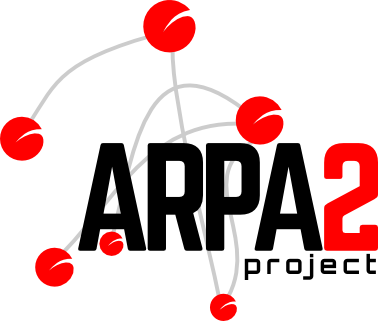Global Directories
Distributed contact information discovery mechanism
A global directory is a way of retrieving contact information from others, using standard technology, so you can employ automatic tools that download and update contact information without manual intervention - or without any third parties snooping into your private or business social environment. Moreover, you can use the same technology to share any relevant information (such as keys for protection of your email) to anyone.
- The project's own website: http://globaldir.arpa2.net

Imagine receiving a phone call from a number you've never dealt with. Now imagine you can ask the internet to share information about the caller, even before you decide to answer the call. It could be the fire department telling you your house is on fire, the family lawyer about a sensitive matter or a company trying to sell you the final edition of the Encyclopia Brittanica. In each situation you might have different requirements and wishes. Imagine what that would mean to the efficiency with which you communicate with people if they can magically unlock any information to you they are willing to share, and vice versa - and for your device to be able to handle that automatically. That would mean you would send your location to the fire department, encrypt the call with the lawyer and have your phone tell the company selling the encyclopedia you are not interested. That means you can send a document to the person you are talking to without clamping the phone to your shoulder or typing their email address with one hand.
It gets even prettier when you contact the remote directory through a hub of your own. Your hub could help you to attach personal notes to that particular caller. For example, the pizza your partner ordered last time and definitely doesn't ever want to eat again. Or an internal contact reference code. Or a picture of that person you took yourself. Your hub might even dig up letters or bills that you have sent to the caller. And if you enjoy your privacy, it could even store the Short Authentication String used during the previous ZRTP-enciphered call.
Interestingly, the technology to do this already exists, and it is commonly used and rock-solid. Chances are that your mobile devices can use it with a simple app already -- an LDAP client is available for most desktops and smaller platforms. The technology is just not usually installed by default, because most people don't ask for it -- they simply don't realise how much more the Internet has to offer than web and email. This project aims to show how global directories can deliver more control over your online presence.
A project by: internetwide.org
